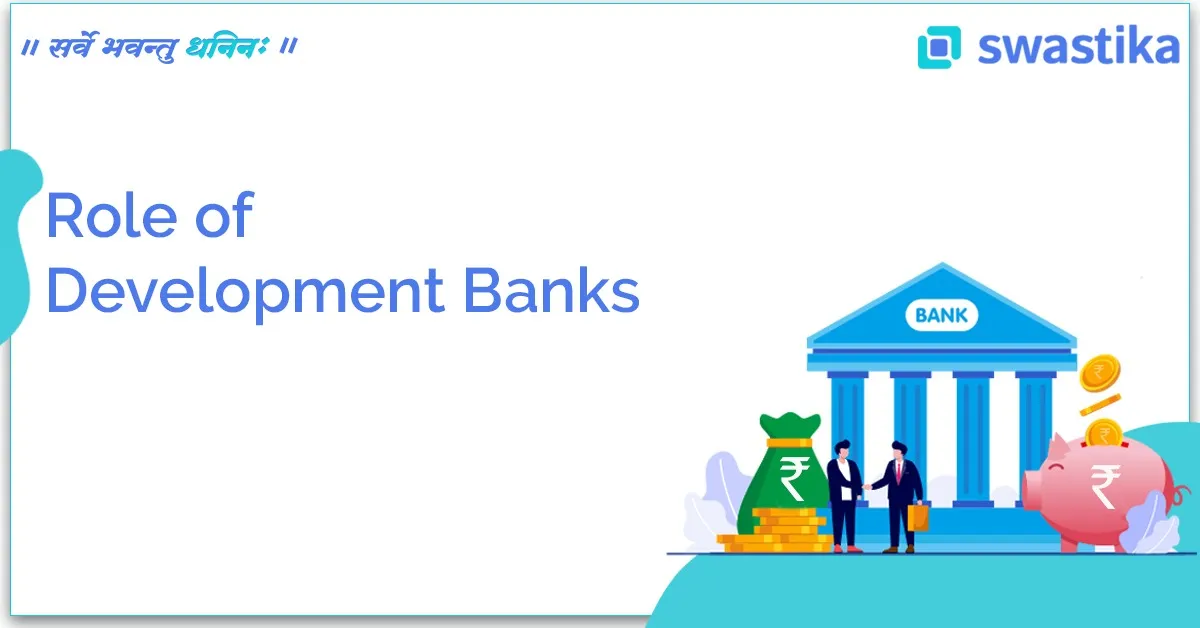Market Watchdog SEBI has introduced a new policy to make IPO Process Smooth & Fast

Market Watchdog SEBI has brought a new policy to the initial public offering (IPO) process easier and faster in connection with the IPO. Another master move by SEBI is to simplify the entire procedures with a focus on reducing the listing time from 6 days to 4 days.
Also, SEBI considers IPO investor grievances for those who use a unified payment interface (UPI) for payment. The market regulator has further said that it has allowed the Payment UPI for investors who wish to invest in IPOs. According to SBI norms, only the UPI handles it has mandated can be used for issuing IPO mandates.
The SEBI has already minimized the listing time from seven days to six days post-closing of the bidding. This blocks the fund of an investor if he could not get the entire subscription.
Earlier, the regulator had ended the practice of allowing the issuer to block the entire subscription amount in the Demat account by allowing the money to be blocked in the investor’s account through the Absa facility. This helped investors not to block their money in a third party account till the IPO process is over.
SEBI chairman Ajay Tyagi further said SEBI is trying to simplify the process of IPO by reducing the time taken for listing a company on the stock exchange after the IPO to four days from six days.
This year, the IPO market or share market is giving satisfying results as the fund raising through the primary issues is more than six years combined. According to Ajay Tyagi, the formalization of the economy after the demonetization, softer interest rate regime, as well as increasing public awareness about mutual funds, has uplifted the demand side, while outstanding issues have helped the supply side.
In order to maintain the stable regulations, Tyagi said, he wants to continue with the stable regulations as any sort of overburden will lead to lower investment which is not good for the primary market.
SEBI on Mutual Funds
Seeking the broader investor’s participation in the MF industry, Ajay Tyagi said the AUM of the industry is still working well over at Rs 21 trillion which is one-fifth of the banking sector.
In order to grow the MF industry in a transparent manner, he said the SEBI has created a separate division that primarily focuses on mutual funds so that there is no miss-selling.
Blocking or Unblocking of Funds
For the smooth process of IPO, SEBI will address the delays of the mandate by investors for blocking of funds because of the problems that occurred at the stock brokers’ end.
The share trading policy will also work on the issues regarding the unblocking of funds in partial allotment cases after the finalization of BOA (the basis of allotment).
The basis of allotment is a document that contains the basics on which the equity shares are allotted to the successful bidders. BOA is a document that is published by the registrar of IPO after the share finalization based on SEBI guidelines.
SEBI also set a new framework in which sponsor banks are required to send any pending application for unblocking of funds to the registrar along with the allotment file not later than 12.30 pm on BOA+1.
Next, the registrar would submit bank-wise pending UPI applications to SCSBs with the allotment file for unblocking before 2 pm on BOA+1. This will be followed by the confirmation submitted by SCSBs to lead managers on BOA+1. If SCB fails to provide any details on the time, then SEBI will take strict action for this.
Handling Issues Regarding UPI Payments
These changes will come into effect from May 1, 2021. SEBI’s new framework comprises a lot of things that include that the self-certified syndicate banks SCSBs will be required to find out the nodal offer for SME IPO applications that are processed through UPI payment gateway. Also, SCSBs need to submit all the processing details to SEBI within seven working days.
According to the new framework, SEBI gives clear instructions that brokers and investment bankers need to compensate any IPO applicants by paying Rs 100 or 15 per cent interest per annum on the application amount depending on which one of the two is higher.
In addition to this, the sponsor banks will host a portal for intermediaries or stock brokers where the IPO date is listed. The portal comprises all the details of the blocking or unblocking of funds, apps, any downtime or delays, the performance of UPI handles and more. Overall, any process that is involved in the bidding process of the IPO will be documented.
The intermediaries, aka online stock broker that include in IPO are merchant bankers, underwriters, registrars are registered by SEBI. These intermediaries perform all the IPO related activities including preparation of draft offer documents, the basis of allotment, and crediting of shares to the successful applicants of IPOs.
SEBI’s past moves at Streamlining IPO Process
In 2018, SEBI had introduced the use of UPI as a payment gateway for retail individual investors. This acronym ASBA refers to an investor’s application to SCSBs. The application contains an authorization to block bank account debit till it is selected for allotment after finalization on the basis of allotment. The ASBA facility was made mandatory for all investors who were applying for an IPO in 2016.
Needless to say, the use of the UPI payment method will not only uplift the process for IPOs by investors but also increase their confidence while entering the market. According to NITI aayog, the popularity of UPI has suddenly increased over time with nearly 2.3 billion transactions amounting to Rs 4.2 trillion.
The Bottom Line
Market regulator SEBI’s primary objective is to ensure that the upcoming IPO process should be smooth, efficient and fast so that the maximum investors can get the maximum benefit from the seamless process. It also assists investors to object to grievances. Also, through UPI payment method, investors can successfully carry out the IPO application process, which is a quite popular payment gateway and easily used on any electronic device like a laptop, smartphone, tablets. By doing so, SEBI makes a great effort in making the process seamless, fast and effective for all investors involved.


.png)



.webp)
.webp)

.webp)






